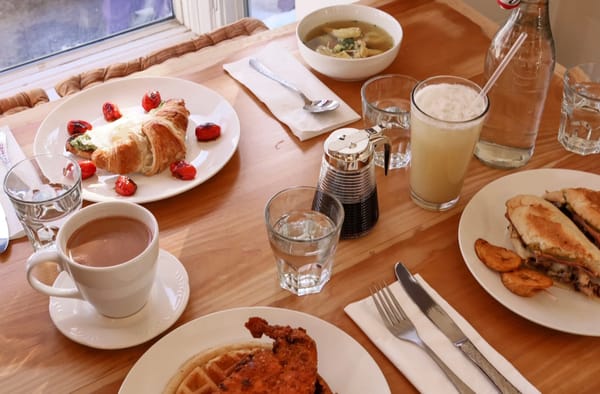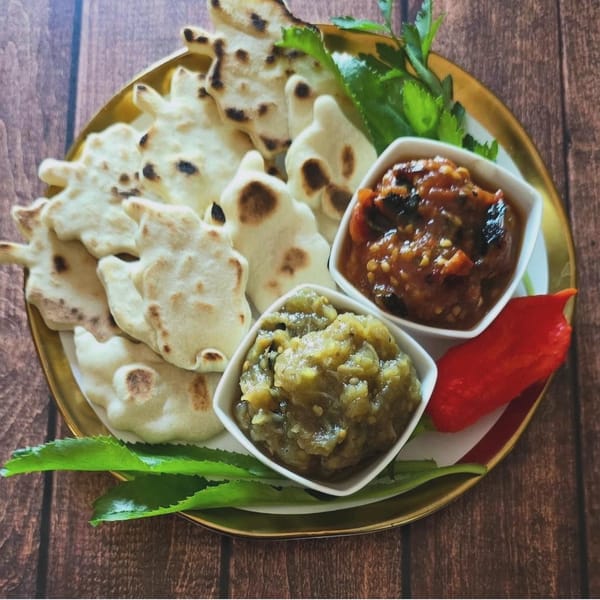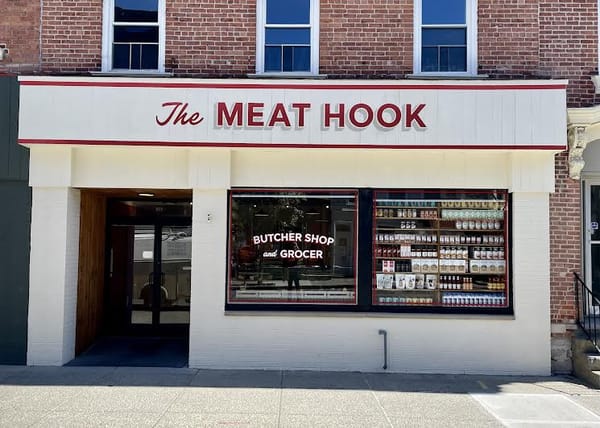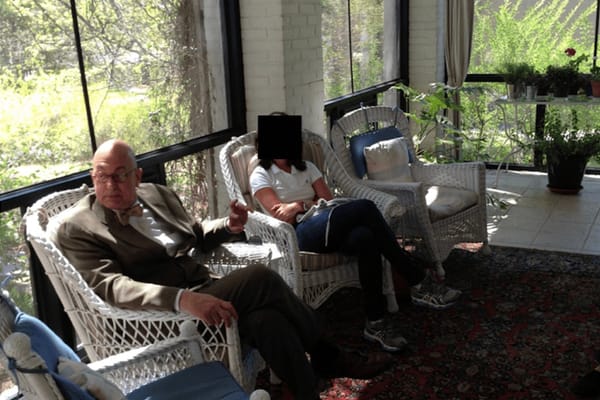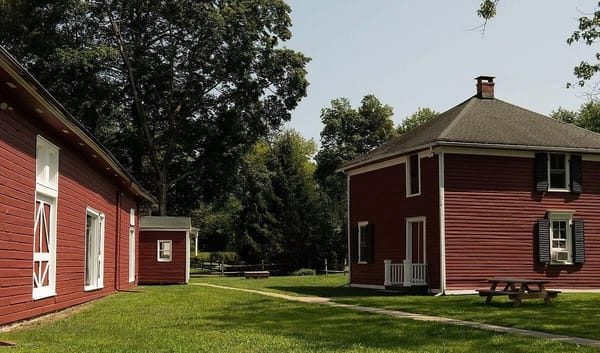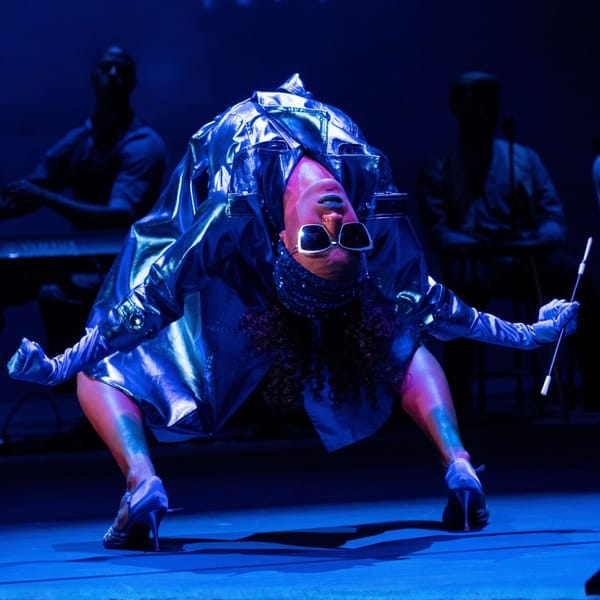
Peter Davies and Mark Scherzer are the owners of Turkana Farms in Germantown, NY. This week Peter writes: Having a farm does revive one’s sense of metaphorical language. While slopping the pigs I have sometimes, as I watched the disgusting activity at the trough, caught myself thinking, “You eat like a pig,” and then I catch myself and realize that they are, in fact, pigs and that they are, of course, eating like pigs. They are being “piggish.” Or should I say, “hogging it?” I really can’t say to them, “Don’t eat like a pig,” because that’s exactly how, of course, they will and must eat—in a “piggy” way. The first time one of our Chinese geese crept up behind me and nipped my behind, I realized that I had been “goosed,” in the true sense of the word. Yes, their standard mode of attack is for the goose, once your back is turned, to extend its neck very low, parallel to the ground, and to silently approach you snake-like, and craftily reach up and nip you unawares in your unprotected nether region. There is something about the helter skelter hysteria of my chickens some days that makes me want to call them “dumb clucks.” When they panic and flap about squawking, I realize they are just “chicken.” There is something about chickens’ capacity for defecating on almost anything and everything that makes me understand why the common expression, “That’s chicken shit.” I have learned that when I arrive at the barn and find the sheep quietly huddled together, their heads dolefully hanging down, they are looking, you guessed it, “sheepish.” A few of the bolder, more cynical ones might, instead of hanging their heads in contrition, respond with a "sheepish grin." They have, I realize, even before I see the damage, been up to something naughty—either breaking into the grain storage bin, or tearing up hay bales stored for safety, or eating my straw hat. Having the intelligence of three-year-olds, they do have a sense of right and wrong, and seem to feel contrition. Or something like it. This is when they look “sheepish.” When I pick up a tiny lamb, and see how quiet and calm it is (especially compared to shrieking, writhing piglets), I have to stop myself from thinking, “Quiet as a lamb.” When the sheep are in a combative mood, I see the meaning of “butting heads.” Or when mating season is upon us, I understand the sense of “ramming” it through.

I have noticed that my ducks splashing around their little pond do actually look “ducky.” There is something about the line of their beaks, which gives them a perpetual smile. This together with their placid, easy going, seemingly self-satisfied nature creates the essence of “duckiness.” And so I come to realize why calling something that is pleasant and nice “ducky” makes sense, and why referring to a special someone as “my duck” is a form of affection. As for “sitting duck,” I first realized the metaphorical sense of the term several years ago after a flying predator carried off a duck two nights in a row. I, thereupon, moved my “sitting ducks” in at night to safety. After being in the cow pasture and almost stepping into a huge cow plop, I understand why a really big lie is often met with “bull shit.” Seeing the herd crowded at the manger explains why one might say someone is “bulling” his way into a situation. When I reach out to stroke a cow’s muzzle, and it quickly draws back and lowers its head, I realize that it is being “cowed.” And as the cows stand in the pasture contentedly chewing their cud, I, of course, see them as “cowy”. I don’t have horses, but when I see horses capering about the paddock in the nearby International Stud farm, I know that they are just “horsing around.”

Just before Thanksgiving, when our turkeys graduate to the mating stage and the toms are parading about, flamboyantly displaying, gobbling loudly, viciously pecking at each other, and, in general, milling about in chaos, I know they are just being turkeys. As in “Oh, you turkey!” Finally, to return to geese, when I am driving them into their night pen, and see the same goose each time unable to find where the door is and, as usual, running in the opposite direction, I cannot help but think “Silly goose!” —Peter Davies

